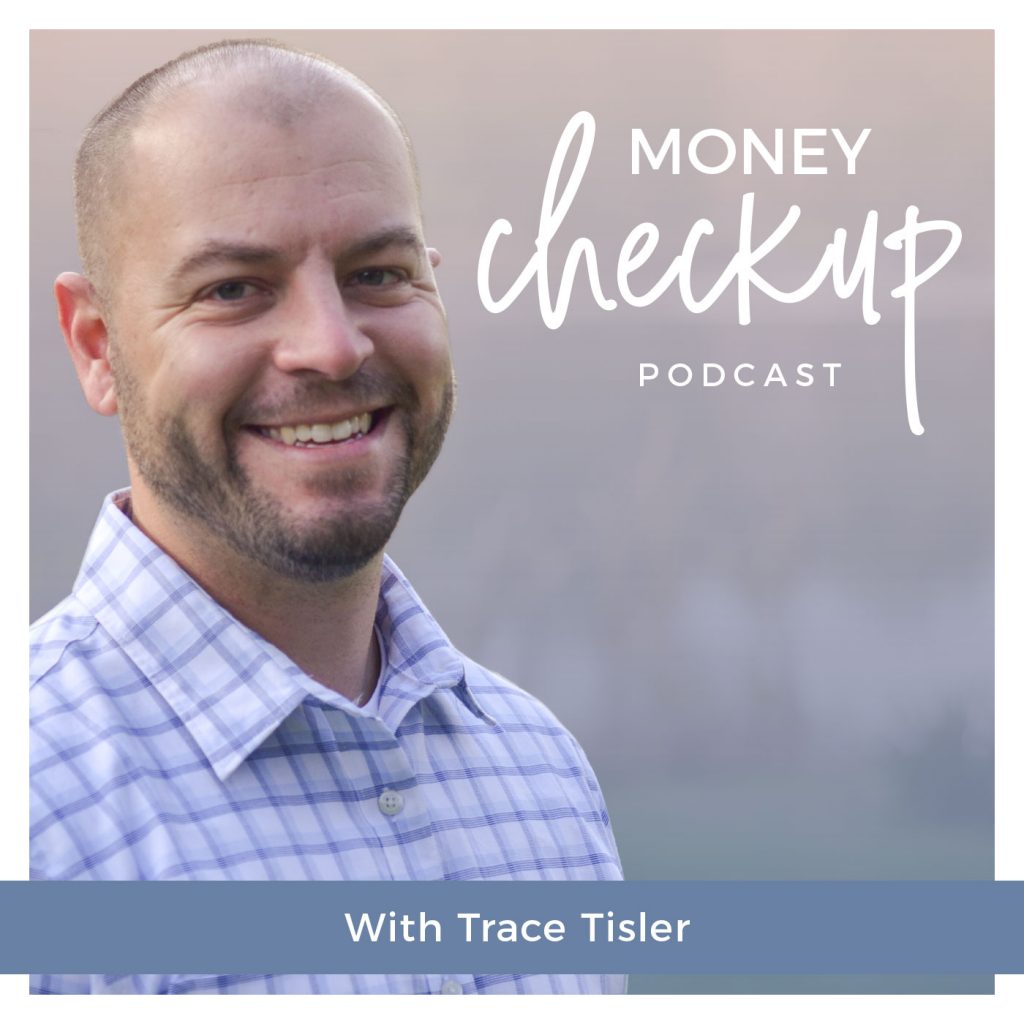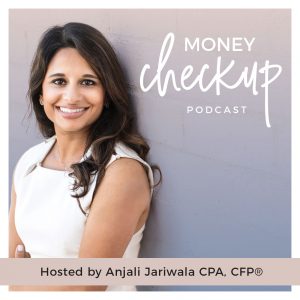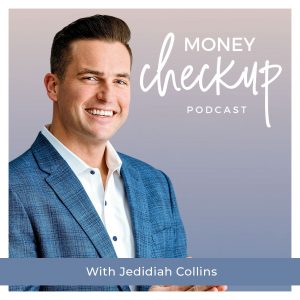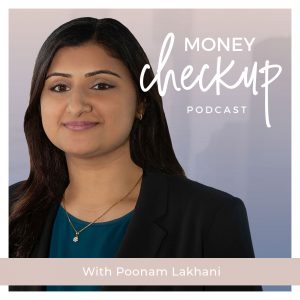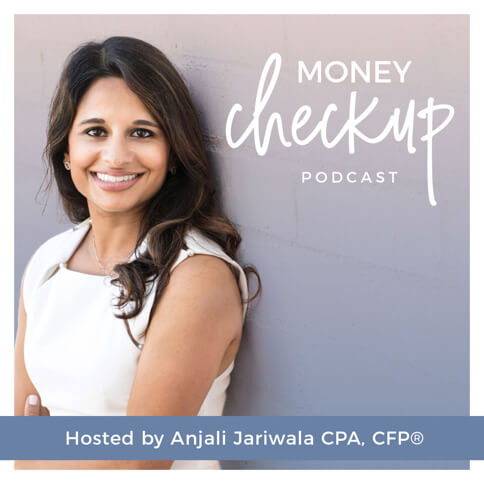The last two weeks have been full of market volatility, making many people anxious about their finances. The COVID-19 is putting external pressure on our economy. Traditional economic stimulus tools may not work as they have in the past. The next weeks and months are likely going to be rocky, but that doesn’t mean you should pull your investments out of the markets — that’s a risky gamble that, historically, has not paid off.
“The hard part is knowing when they will start and how long it will take, but ultimately, this is something that we’ll recover from. We always have. I know it’s scary. I know it’s hard. But if you do feel that you need to do something, do it in a systematic way.”
Talk to your financial advisor and others who you trust and develop a strategy for weathering this storm.
ABOUT THE GUEST:
Trace Tisler, CFP® is a financial advisor based in Hudson, Ohio, who primarily works with mid-career professionals and clients transitioning into retirement. He founded his firm, Epic Financial, in 2013.
Social, website, book link:
Epic Financial: http://www.Epic-Financial.com
EPISODE HIGHLIGHTS:
- The 2008-09 Great Recession was a systemic breakdown of the financial system. Today, COVID-19 is putting significant external pressure on the markets, and it is a financial crisis, but it is not yet comparable to the Great Recession.
- The rally we’ve seen during the last 10 years is not the historical norm. Some volatility is normal. If you’ve only been investing since 2010 or so, you may not yet have experienced this, but for the markets to react this way is not unusual.
- Because the source of uncertainty is external, the tools the government normally uses, like quantitative easing, may not produce immediate results.
- Right now, one of our biggest sources of uncertainty is not knowing how long the COVID-19 pandemic will last or, relatedly, how long it will take the markets to rebound.
- Historically, the markets have always rebounded. This is a great time to rebalance your investments, but it does not make sense to pull your investments out of the market. Talk to your financial advisor about weathering the storm.
- If you sell your portfolio as the market declines, you’re likely to be selling near the bottom of the market and locking in your losses. “Capitulation” is the point at which many investors give up and sell, and that often correlates to the bottom of the market.
- As of this recording, the markets are down about 30% from our all-time high this year. Seeing those dollars gone can be very scary. But if you sell now, by the time you feel comfortable getting back into the market, you’re likely to miss the run-up, which is where you’ll make back those dollars that you’ve lost.
- Prudent investors don’t chase returns, because that makes investing a game rather than a strategy. Diversification is key to weathering storms.
- If you’re a business owner predicting a drop in revenue or you may be facing a job loss, make sure you have an emergency fund that may be larger than your usual 3-6 months. Consider sitting on some additional cash to address needs that you might have in the coming months, such as developing your work-from-home setup.
- If you buy into the market today, you might generate significant returns. But if you hold for a little while, you can make sure you’re equipped to face unexpected challenges in the coming months while still capitalizing as the markets rebound later.
STAY IN THE LOOP WITH US!
Do you receive our weekly e-mail? If not, I encourage you to sign-up on our homepage!
Do you follow us on social media? I’d be honored for your follow on Facebook, LinkedIn, Twitter, Instagram.
Do you enjoy our podcast? Please be sure to let me know and rate the show on Apple Podcasts!
If you loved this episode, here’s another I know you’ll enjoy too! Episode 2: Getting Back to the Investment Basics with Kelly Klingaman.
QUOTES FOR SOCIAL SHARING:
“The markets don’t know what’s going to happen in the future. No one does. That’s why we’re seeing these ups and downs.”
“We’ve had the longest bull market in U.S. history. When’s the ball going to drop? Everyone’s been waiting for that, and then all of a sudden, out of nowhere, we have something that has made the ball drop.”
“There’s some unknown unknowns. Right now, one of the biggest ones to consider is, how long is this going to last? And how does the market bounce back? How does the economy bounce back afterward? … If you’re just honest with yourself, we don’t know. No one knows.”
“I know it’s scary. I know it’s hard. But if you do feel that you need to do something, do it in a systematic way. Don’t go all in. Hedge your bets a little bit and come up with a plan that seems reasonable, that you can live with, knowing that ‘it’s going to make me feel comfortable to do something, but I’m not going to the casino and putting it all on black.’”
“Strategies take out some of the emotion. You need to appeal to your logic a little bit. I think all logical, prudent people would say, ‘It’s never a good idea to put all your eggs in one basket,’ meaning, ‘I’m not going to go all in or all out.’”
“Investing is a process, whereas gambling is a bet. Investing isn’t a game of chance. Investing is a systematic process based on the economy, on prudent things that you can do that have been proven over time by academics, by history, by all types of studies. Investing is a process. It’s not a game. It gets hard to differentiate those in a time when it feels a little bit like gambling… but the process of investing incorporates that possibility, likelihood, and almost certainty, that you will take one on the chin from time to time.”
“Because we don’t know how long it will last and how deep it will go and how that will affect our income, my advice would be: Be conservative. Hold. Just let it settle out.”
“The biggest mistake you can make is getting emotional about your investments.”
“If you feel that you have to do something, don’t do it all the way. If you are just so nervous that you feel that you absolutely have to do something right now, just do it part of the way.”
